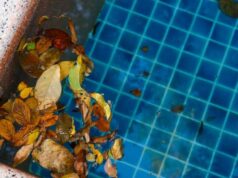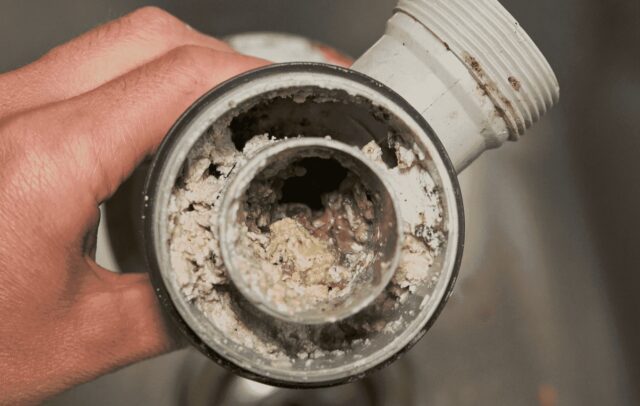
Working in the kitchen and preparing meals for everyone’s hard work. It begins with planning the menu, buying groceries, and arranging and organizing everything. After this, the preparation and cooking stage comes. Most items require a good rinse before entering your cooking pot or recipe. It doesn’t end there. After cooking and eating, you manage piles of dishes. You may only bother a little about what goes down the sink drain in a hurry. Lack of energy and time or a distracted mind can also prevent you from paying attention to this. However, do you know this single misstep can hurt your drainage system? Most food items you pass down the drain should go to the trash. When you ignore this, you face challenges like frequent blockages or damage to the pipes.
Some people believe drain cleaners can take care of this. While these are suitable for smaller clogging, significant damages or obstructions usually demand professional intervention. You may have to spend a few hundred dollars on labor. Households that install a sink garbage disposal unit reduce the stress of dealing with daily food scraps. Something that churns leftover items continuously as soon as you operate them proves helpful as it saves you time.
Nevertheless, if you don’t have one, observing what you allow to pass through the drain is better. You can avoid smaller and significant plumbing challenges. Let’s look at things that threaten your sink drain’s health.
Grease (oil/ fat)
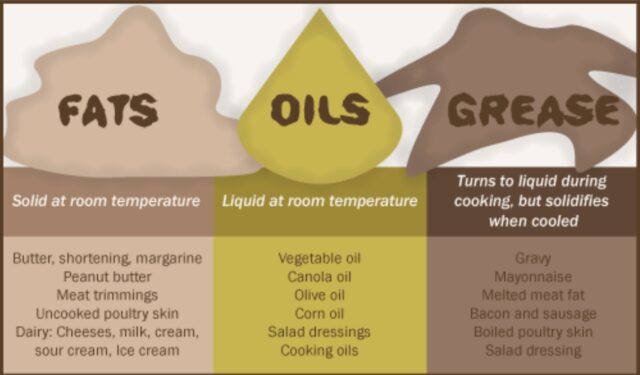
Interestingly, it’s one of the items that one would want to keep away even from their garbage disposals for the same reason. Whether salad dressings, fat, butter, cooking oil, mayonnaise, or something else, you must be careful with their removal. Grease clings to the pipes’ inner linings, causing them to clog eventually. The right time to eliminate them is when they are not hot or warm. You can pour them into your garbage bin and not the drain.
Coffee grounds
These can also block pipes. Most people face clogged drain pipe issues because of this single ingredient. Please throw them in the trash. Or do you have a garden? You can make compost from them. Many love their coffee. So, it’s understandable the size of coffee grounds they deal with daily. Although it’s not harmful waste, you must consider your drain’s well-being. The gardeners recommend adding coffee grounds to compost. It will benefit the soil. After all, the nitrogen-rich component is what your green, leafy vegetables need. If you grow lettuce or shrubs, you can consider this. Composting will also be easier with this addition.
Expandable food
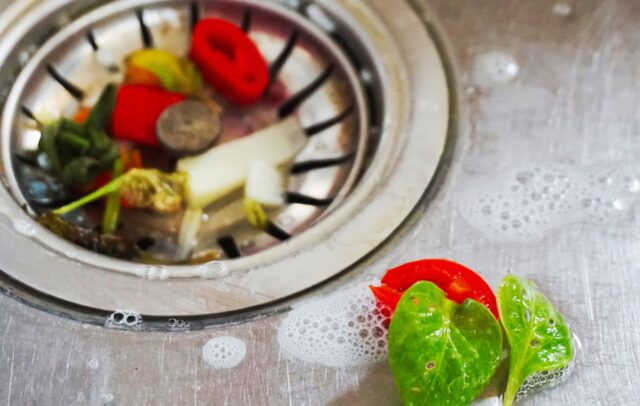
Many food items are easy on your drain pipes, but you want to watch those that absorb water and expand. The starchy and sticky compounds can easily block pipes through a gradual and progressive buildup. Think of rice and pasta, for instance.
Flour
It becomes thick when you add water. It will adhere to the pipe edges and other disposable items. Due to this, draining flour down can be risky. Instead, you can dispose of them in the garbage in dry or wet form.
Do you flush non-food items down the drain without thinking twice?
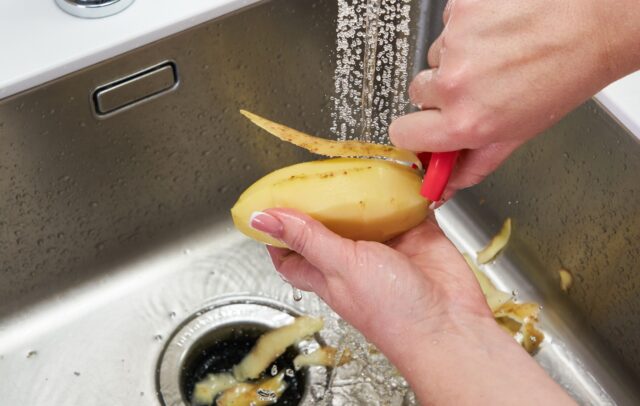
While certain food items are a risk to the drain pipes, it doesn’t mean you can dispose of non-food items without considering anything. Suppose your medication has expired or has remained unused for a long. Now, you want to free up your medicine cabinet. Please avoid pouring or crushing medicines down the sink drain in the kitchen or bathroom. The chemicals will blend with the drinking water network and eventually enter your system. The responsible way to dispose of them is to visit your nearby police department or pharmacy. They usually have disposal systems for medical waste.
Another food-related but non-food item is the stickers on your fruits. When you wash your fruit, stickers usually fall off in the sink down the drain. Please remove them before running water over them. These stickers will block the pipes because they don’t dissolve. Even water treatment plants suffer due to them.
Furthermore, some items claim to be flushable. Are those safe to flush down in reality? Some cat litter and wipe brands say you don’t need to worry about their disposal. However, remember that the toxins from cat litter can pollute the ocean and endanger marine animals. The wipes don’t dissolve properly, clogging the pipes in large amounts.
Another item closer to wipes is paper products. Toilet paper is okay because their technology allows them to break down in the water. However, paper towels and cotton balls should go in the garbage bin. While they help you clean different surfaces, you cannot throw them in the drain. Because they absorb water, your drain pipe’s clogging risks can increase. Then, you may believe cleaning products should be harmless. The hazardous chemicals like antibacterial compounds, phosphates, and others will enter the water treatment plant without getting removed.
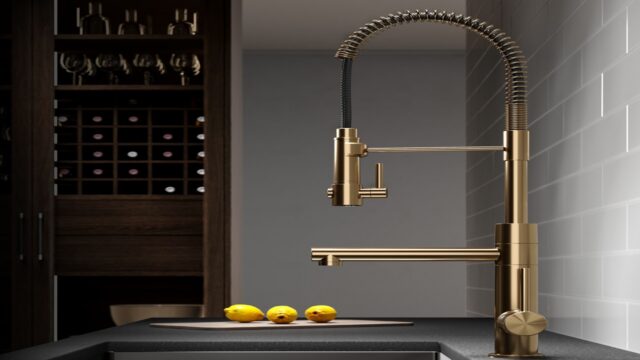 Consequently, chemical-laced liquids can pose a danger to the ecosystem. It can clog your drain and cause pollution. It brings attention to another household item, such as paint. To eliminate this item, visit a nearby waste facility that handles hazardous materials. They accept both new and old colors.
Consequently, chemical-laced liquids can pose a danger to the ecosystem. It can clog your drain and cause pollution. It brings attention to another household item, such as paint. To eliminate this item, visit a nearby waste facility that handles hazardous materials. They accept both new and old colors.
Keeping your house in order is a responsibility. Even minor neglect or mistakes can prove costly. Your entire routine can get disturbed. However, if you follow the basic rules, whether in the kitchen, bathroom, or any other corner, you can quickly shake off all your stress. The home may feel peaceful and organized. So, avoiding things or habits that bode poorly for your home is better. If you disrupt the drainage system, you must spend hundreds of dollars to get things back on track. Your daily work pressure will increase. And if you go to the office, you may have to be more patient until everything gets fixed.
The best policy is to add features that simplify household chores and avoid practices that only lead to more significant troubles. Since it’s impossible to change old rituals immediately, you can take baby steps toward improvement.


